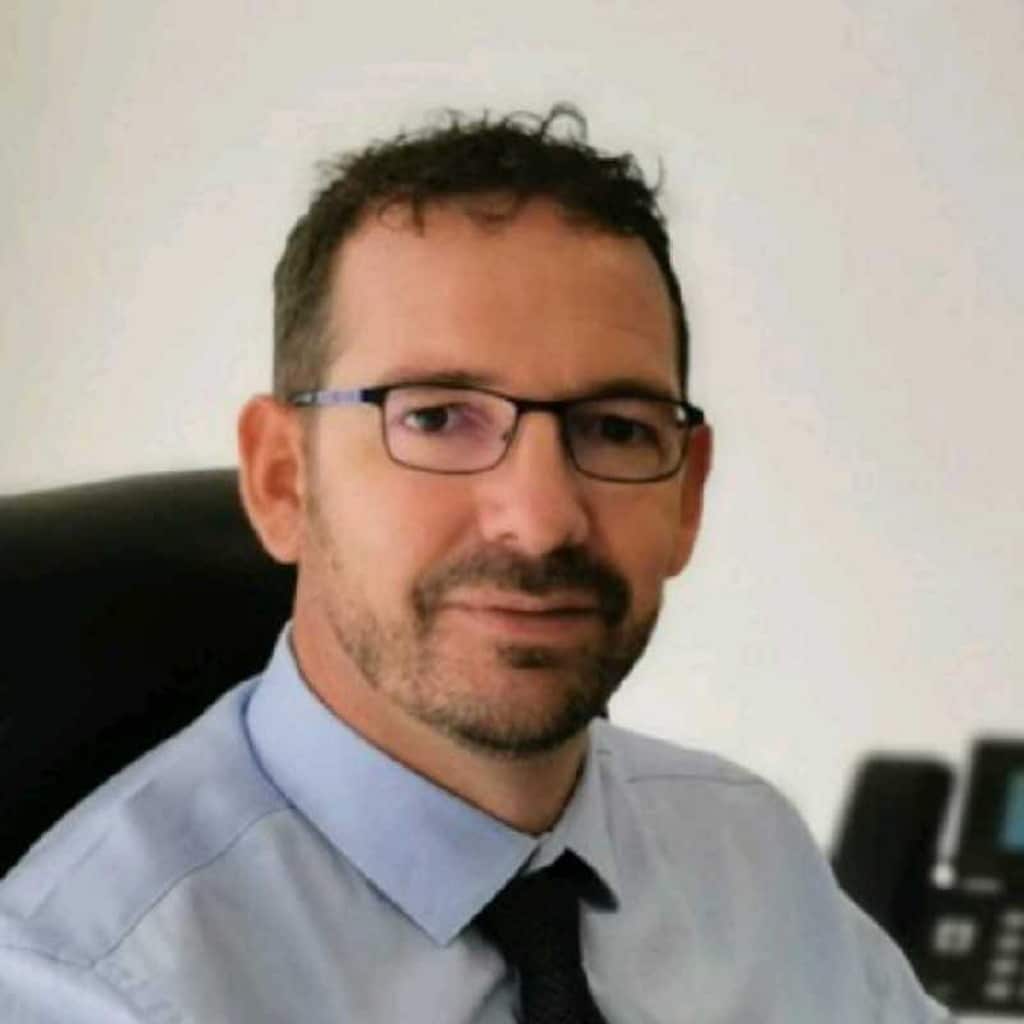Winner in the “Mobility and Transport” category of the second edition of the Sustainable Cities Initiatives Competition (CIVD) held recently in Abidjan, Ivory Coast, the start-up EVTech, created in 2022, has succeeded in establishing itself in the electric mobility sector in this West African country. In this interview with AFRIK 21, its founder Florent Thomas reveals the start-up’s strategy to defy the energy crisis and improve air quality on the continent.
Benoit-Ivan Wansi: EVTech is currently raising funds from national and international investors. It is a round of 4.2 billion CFA francs (about 6.4 million euros) in series A. What is the purpose of this approach?
Florent Thomas: We are indeed in the midst of discussions with potential partners to enter the capital of EVTech. This fundraising managed by LiquidAfrica (consulting firm based in Johannesburg, South Africa) will allow us to finance our development in order to start the electric mobility ecosystem in Ivory Coast. We believe that the starting point remains the availability of a good quality recharging infrastructure throughout the country, so that the other players in the eco-mobility ecosystem can also start working. I am referring in particular to the sellers and renters of cars with an electric range.
Your start-up won first prize in the ‘Mobility and Transport’ and ‘Social Impact’ categories at the second edition of the Sustainable Cities Initiative Contest (CIVD), which was recently held in Abidjan, Ivory Coast. How do you feel about this victory?
The entire EVTech team is proud of the recognition of our work over the past 18 months on this innovative and unique project, which is the development of the charging infrastructure for electric vehicles in Ivory Coast. We imported and registered the first 100% electric vehicle more than a year ago, and developed a range of charging stations specifically adapted to our tropical realities. It is our vision and our work that has been rewarded at the CIVD 2023.
EVTech has developed a mobile application called “Neo”. What is the purpose of this solution?
“Neo” simplifies the life of the electromobilist in Ivory Coast and in the West African sub-region. The aim of our mobile application is to locate available charging points, to know in real time their availability, the charging power offered, the type of connector and the price of the charge. “Neo” also includes an online payment solution that we all use here on a daily basis.
AFRIK 21: What else can digital technology bring to the development of sustainable mobility in Ivory Coast?
Digital technology will also make it possible to work more efficiently, to optimise the network, to manage the density of charge points according to demand, in particular thanks to “data learning”.
Among the obstacles to the development of electric mobility in Africa are the still high cost of vehicles and the lack of recharging infrastructure. What is the major challenge you are facing in the Ivorian market?
These are all reasons that led us to create EVTech in order to break this vicious circle. The lack of charging infrastructure will soon be history in Ivory Coast. With the support of many partners operating networks already identified, we will cover the entire territory starting in 2023 with 500 recharging points by the time of the African Cup of Nations (CAN 2024) in Ivory Coast. As for the price of electric vehicles, it should be noted that they are falling, and ranges of vehicles in line with current needs and associated finances are currently being validated in Abidjan.
Furthermore, we are calling on all the players in the automotive world in Ivory Coast, via the Agency for the Promotion of the Electric Mobility Ecosystem (APEME), to propose their best electric vehicle solutions on the market this year. Vehicles are already arriving in dealerships at the moment. We also remain confident about the interest that non-polluting vehicles will gradually arouse in the automobile market, which has been growing steadily for years, especially with the rise in the price of fossil fuels (petrol, diesel, editor’s note).
Do you think that the end of thermal vehicles will soon be in West Africa? If not, what is EvTech’s strategy to accelerate the ecological transition in the sub-region?
We remain cautious in our projections concerning the rise of electric vehicles, because this change will not happen in two years.
However, we are convinced, like the Ivorian government, that all the indicators are green for this transition to clean modes of transport, notably the Abidjan Metro, Bus Rapid Transit (BRT), shuttles, taxis, bicycles and electrified personal cars. EVTech is therefore counting on the efficiency of electric mobility, which in all cases leads to a significant reduction in transport costs. And in these times of widespread inflation, initiatives to help reduce the cost of living should be welcomed by road users.
Interview by Benoit-Ivan Wansi
